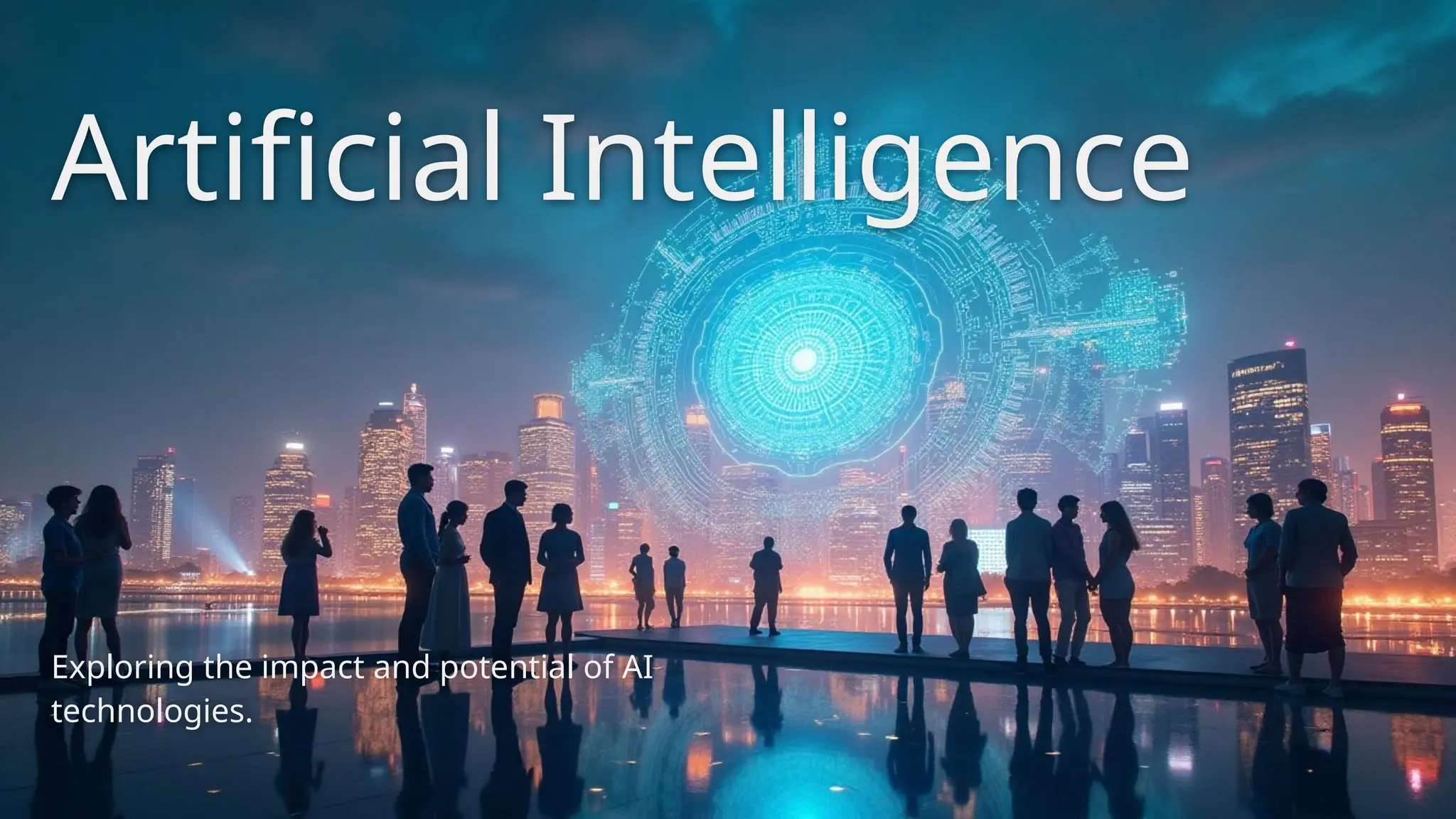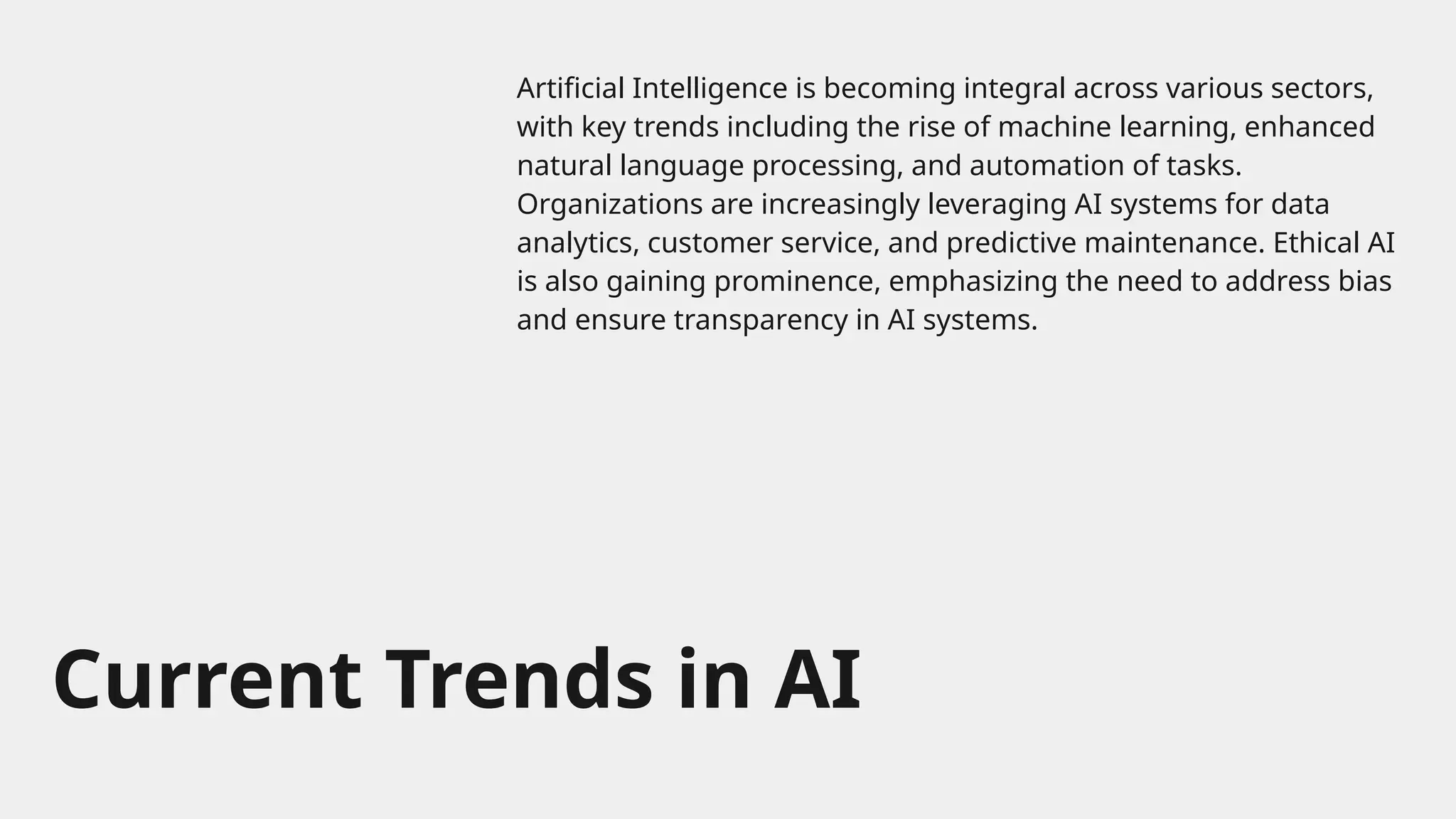Copy Link & Paste in Google👉👉👉 https://alipc.pro/dl/
FonePaw Screen Recorder Crack FonePaw Screen Recorder Crack Download is a professional video screen recording software application that will capture the screen of a Windows computer in a few steps.











